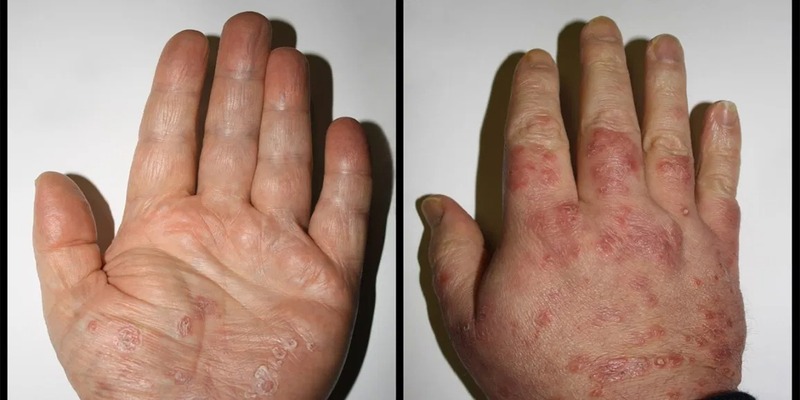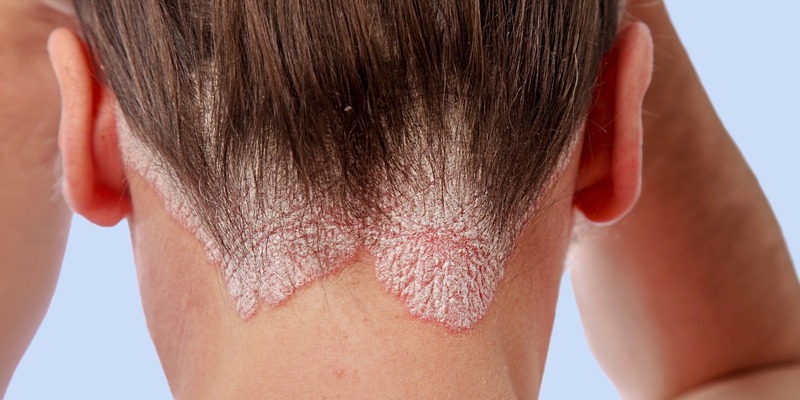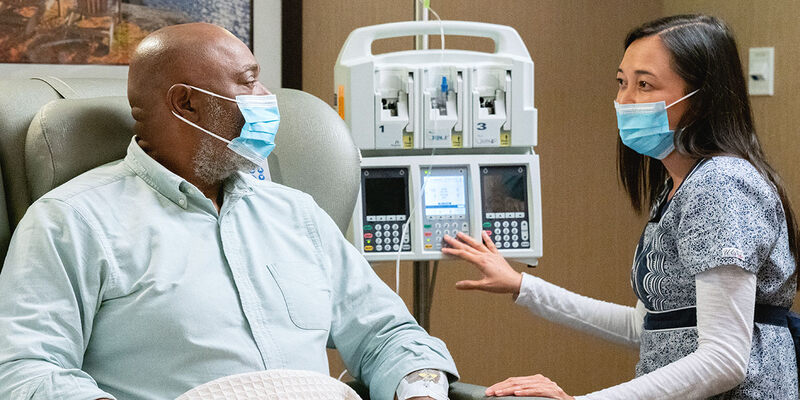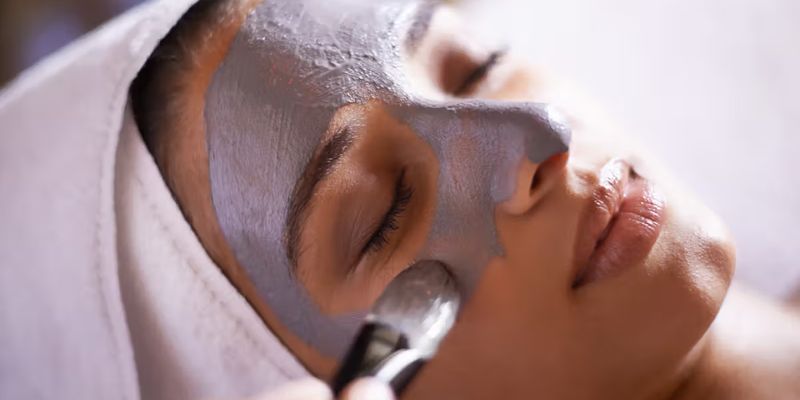Inflammation of the skin is a symptom of psoriasis, an inflammatory disorder. Rough, flaky, and discolored patches of skin are classic psoriasis symptoms. Plaques are the medical term for these thick, scaly patches. Because psoriasis is a long-term skin disorder with no known treatment, it can flare up at any time and is difficult to treat.
Different Forms of Psoriasis?

Psoriasis comes in a wide variety of forms, some of which are:
Plaque Psoriasis
The most prevalent kind of psoriasis is plaque psoriasis. Plaque psoriasis affects between 80% and 90% of people with psoriasis.
Psoriasis Guttata
The development of guttate psoriasis can sometimes follow streptococcal throat infections. It appears as tiny red dots on the skin that are covered with a thin, red scale.
Erythrodermic Psoriasis
This psoriasis is quite severe, affecting a significant percentage of your skin (often more powerful than 90%). Widespread skin darkening and shedding are the results.
Sebopsoriasis
This kind often manifests as lumps and plaques covered in a greasy, yellow scale on the face and scalp. Psoriasis and seborrheic dermatitis have merged to form this condition.
Where Exactly Will My Psoriasis Show Up On My Body?

Psoriasis rashes may appear almost everywhere on the body. Psoriasis is typically found on:
- Elbows and knees.
- Face and inside of your mouth.
- Scalp
- Genitals.
- Hands and soles.
Psoriasis often affects only a tiny portion of a person's skin. When the condition is at its worst, the plaques join together and spread over a vast body area.
What Is Meant By The Term Psoriatic Arthritis?
Pain and swelling in the joints are classic symptoms of psoriatic arthritis. Psoriatic arthritis, like psoriasis, is an autoimmune disorder that results in aberrant immune activity and symptoms. It is estimated that inflammation caused by psoriasis will lead to arthritis in around one-third of those afflicted. Early treatment of psoriatic arthritis can decrease damage to your joints.
Is Eczema The Same As Psoriasis?
The skin disorders psoriasis and eczema are distinct from one another. Discoloration, a rash, and itching are all symptoms common to both illnesses. Psoriasis plaques generate patches of thick skin coated with scales. Eczema creates inflammation of dry and rough skin. The irritation associated with eczema is usually much worse than that of psoriasis.
What Does Psoriasis Look Like?
Symptoms of psoriasis on your skin include plaques. Plaques resemble the following:
- A thickened patch of skin that is elevated or itchy.
- The plaque has stained skin.
- Scaly plaque sheds readily.
Small bumps are an early symptom of psoriasis. The lumps develop, and scales sprout on top. The plaque's outer layer may flake off, but the underlying rankings will remain adhered. Itching a rash can cause the skin's scales to come loose. The bleeding might be severe. Lesions may appear as the inflammation progresses further. Psoriasis symptoms might be either modest or rather extreme.
Psoriasis Symptoms What Exactly Are They?
You may also have the following signs and symptoms in addition to skin plaques or a rash:
- Skin that itch.
- Dry, flaky skin.
- skin discomfort.
- Chipped, broken, or crumbly fingernails.
- Arthritis.
Scratching your plaque can cause the skin to split and lead to infection. The risks associated with diseases are high. Swelling, redness, and a high temperature are further signs of infection and significant discomfort. If you are experiencing any of these, you must see a doctor.
Why Does Psoriasis Occur?
Psoriasis is an inflammatory skin condition brought on by an overactive immune system. Foreign invaders, such as germs, are expected to be destroyed by the immune system of a person with psoriasis to maintain their health and avoid illness.
Your body's immune system may mistakenly attack healthy cells. This causes your immune system to release chemicals that cause inflammation or swelling, which manifests as skin plaques. Replace dead skin with healthy new cells might take up to 30 days.
New skin cells take an extra day or two to form when your immune system reacts too strongly. Scales and frequent skin shedding on top of skin plaques result from the rapid replacement of old cells with new ones.
What Causes Psoriasis Outbreaks?
Psoriasis symptoms, often known as a "flare up," occur when the immune system reacts negatively to a trigger, such as an irritant or allergy. Symptoms of psoriasis can manifest in various ways depending on the individual affected. Psoriasis flare-ups can be triggered by several different things, including:
- Emotional stress.
- Infection.
- Surgical or nonsurgical skin injuries.
- a few prescription drugs, including lithium and beta-blockers.
- Swings in core temperature as a result of external conditions.







